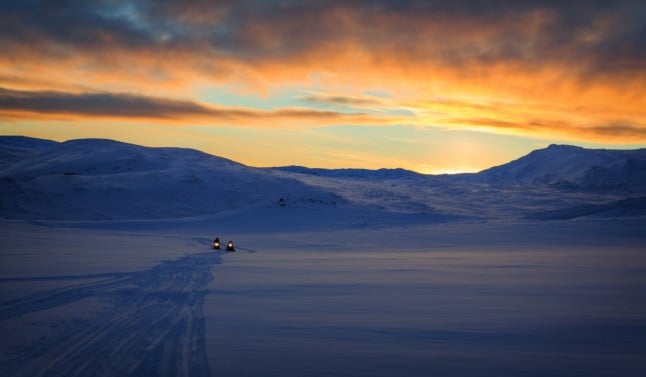“We feel that this basin has not only proven gas potential but also light oil,” James Phillips, Lundin Petroleum’s vice president of exploration for Africa and the Middle East, said at the Africa Upstream 2008 oil conference in Cape Town.
Lundin is among a handful of companies that are exploring for gas and oil in Ethiopia, having been granted permission to explore the region in 2006.
Ethiopia’s Ogaden region, which is inhabited largely by ethnic Somalis, has is been plagued by civil unrest for decades.
The Ogaden National Liberation Front, which has long sought independence for the region, attacked an oil installation operated by a Chinese company in April 2007, killing dozens of people and prompting a harsh crackdown from the Ethiopian government.
Lundin also has operations in several other African nations, including Sudan, Kenya, and Tunisia, where it holds a stake in the Oudna energy development.
Phillips added that the company was keen to expand in Congo Brazzaville and other African markets.


 Please whitelist us to continue reading.
Please whitelist us to continue reading.